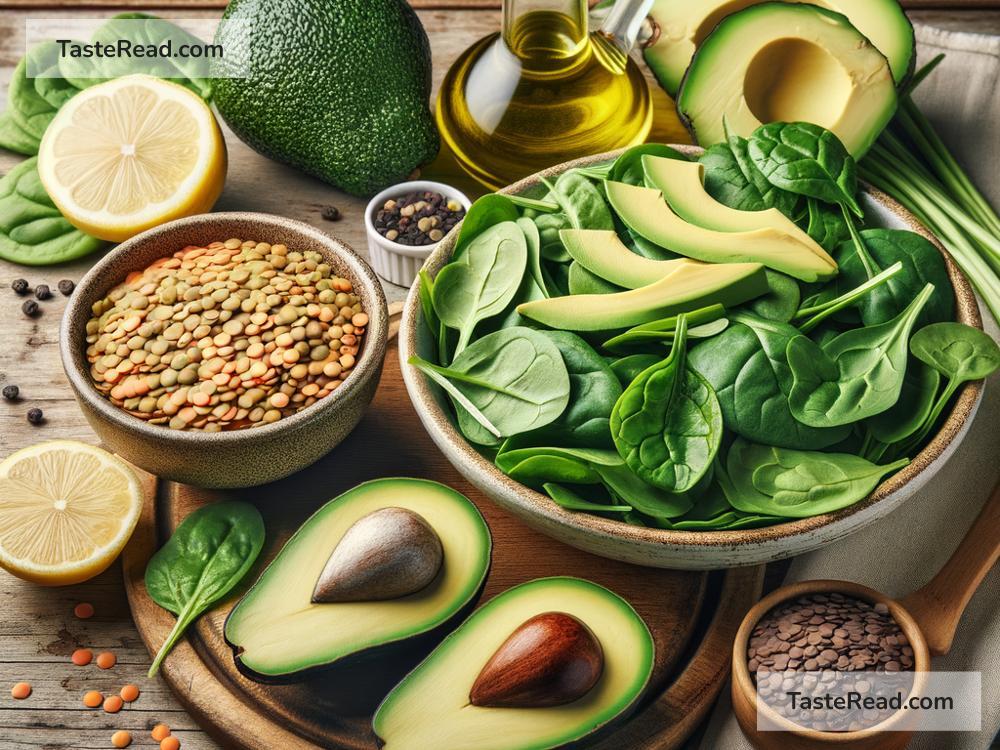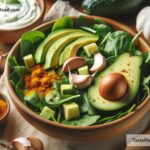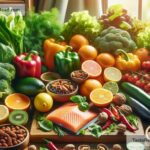Foods That Reduce the Risk of Gallstones: Simple Tips for Healthy Eating
Gallstones are painful stones that form in the gallbladder — a small organ located beneath your liver that helps digest fats. These stones can be as small as grains or as large as golf balls, and they often cause discomfort, nausea, or even serious health problems if untreated. While many factors contribute to gallstone formation, your diet plays a big role. The good news is that certain foods can help reduce the risk of gallstones while keeping your gallbladder healthy. In this article, we’ll explore some of the best foods to include in your diet to lower the risk of gallstones in simple terms.
What are Gallstones?
Gallstones are hardened deposits of digestive fluid called bile. Bile helps break down fats in your food, but when it has too much cholesterol or other substances, it can solidify into stones. People who are overweight, eat a high-fat diet, or lose weight too quickly are most at risk. However, eating the right foods may boost gallbladder health and reduce the chance of gallstones forming.
Foods That Reduce the Risk of Gallstones
Here’s a list of foods that can help minimize your risk:
1. High-Fiber Foods
Fiber is your gallbladder’s best friend. Foods rich in fiber help keep your digestion smooth and lower cholesterol levels, which is key to preventing gallstones.
- Fruit: Apples, pears, berries, and citrus fruits are full of fiber and nutrients your body needs.
- Vegetables: Leafy greens like spinach and kale, as well as carrots and broccoli, are great sources of fiber.
- Whole Grains: Choose whole-grain bread, brown rice, oats, and quinoa instead of refined grains like white bread and pasta.
Fiber-rich foods also keep your cholesterol levels balanced, which helps prevent clumps of bile from forming into stones.
2. Healthy Fats
Surprisingly, some fats are good for gallbladder health. Healthy fats stimulate your gallbladder to release bile, preventing it from sitting stagnant and forming gallstones.
- Avocado: A great source of healthy fats and vitamins.
- Olive Oil: Use olive oil for cooking or as a salad dressing—it’s heart-healthy and supports bile flow.
- Nuts: Walnuts, almonds, and cashews are rich in healthy fats but should be eaten in moderation.
Avoid unhealthy fats like those in fried foods and processed snacks, as they can contribute to gallstone formation.
3. Lean Proteins
Protein is essential for overall health, but it’s important to choose lean sources that won’t add excess fat.
- Chicken and Turkey: Skinless poultry is a great option for protein without added fat.
- Fish: Salmon, cod, and tuna are rich in Omega-3 fatty acids, which help reduce inflammation and support gallbladder health.
- Plant-Based Proteins: Beans, lentils, and tofu are good alternatives to high-fat meats.
Avoid fatty cuts of beef or pork, which can increase the risk of gallstones.
4. Foods Rich in Vitamin C
Vitamin C plays a role in preventing gallstones by helping your body process cholesterol properly.
- Citrus Fruits: Oranges, lemons, and grapefruits are packed with Vitamin C and fiber.
- Bell Peppers: Especially the red ones—they’re loaded with Vitamin C.
- Strawberries: A sweet way to get more Vitamin C into your diet.
It’s always better to get Vitamin C from food rather than supplements, as whole foods provide additional benefits.
5. Foods Containing Magnesium
Magnesium helps your gallbladder and liver work efficiently, reducing the risk of gallstones.
- Seeds: Pumpkin and chia seeds are rich in magnesium.
- Nuts: Almonds and cashews also have plenty of magnesium.
- Dark Leafy Greens: Spinach and Swiss chard are good sources too.
Eating foods with magnesium supports healthy digestion and bile function.
6. Herbal Teas
Certain herbal teas may aid digestion and support gallbladder health.
- Peppermint Tea: Helps relax your digestive system and improve bile flow.
- Dandelion Tea: Known for its ability to support liver and gallbladder health.
- Chamomile Tea: Reduces inflammation and keeps your system calm.
Swap sodas and sugary drinks for herbal tea to promote healthy digestion.
Foods to Avoid
Along with eating the right foods, limiting unhealthy choices can help protect your gallbladder.
- Fried Foods: French fries, fried chicken, and fried snacks are high in unhealthy fats.
- Processed Foods: Foods like chips, cookies, and frozen meals often contain trans fats and preservatives that harm your gallbladder.
- Sugary Foods: High sugar intake can lead to weight gain and increase the risk of gallstones.
Cutting back on these foods will further reduce your risk.
Other Lifestyle Tips
Besides eating the right foods, there are other steps you can take to lower your gallstone risk:
– Maintain a Healthy Weight: Avoid rapid weight loss, as it can increase the risk of gallstones.
– Stay Hydrated: Drink plenty of water to keep your bile flowing properly.
– Exercise Regularly: Physical activity supports healthy digestion and weight management.
Final Thoughts
Gallstones are uncomfortable, but eating a healthy diet can go a long way in preventing them. By including high-fiber foods, lean proteins, healthy fats, and Vitamin C-rich foods in your meals, you can reduce your risk and support your gallbladder’s health. Small changes to your daily diet and lifestyle can make a big difference in the long run.
So the next time you plan your meals, choose foods that protect your gallbladder and keep you feeling great. Your body will thank you!


